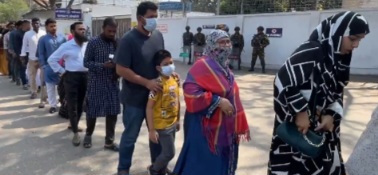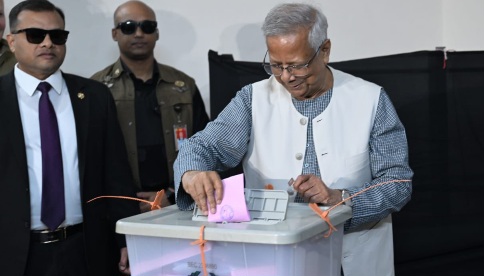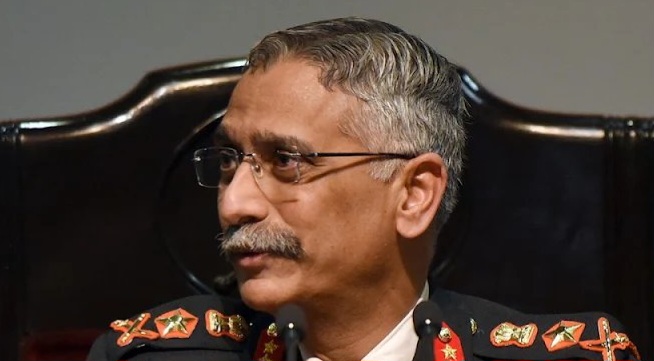Kochi: Pakistan panicked after India’s aerial strike on its air bases like Nur Khan air base in Chaklala near Rawalpindi close to its nuclear facilities on May 10, India Today reported.
The strike on Nur Khan carried significant strategic weight as it lies in close proximity to the headquarters of the Strategic Plans Division, the body overseeing Pakistan’s nuclear arsenal.
The base is home to Pakistan’s main transport squadrons and vital for logistical and strategic airlift operations
Satellite imagery indicated a strike on the runway of Mushaf air base in Sargodha which is reportedly linked to underground nuclear storage sites beneath the Kirana Hills.
The Indian attack served as a signal to Pakistan about India’s capability to neutralise its nuclear arsenal if the conflict escalated further.
India went on offensive after Pakistan fired missiles and drones targeting 15 Indian airfields and garrisons across Jammu and Kashmir to Gujarat killing 16 civilians and damaging religious structures.
Retaliatory attack by India hit vital runways and struck close to its nuclear arsenal forcing Islamabad to seek US” intervention to persuade New Delhi to agree to a ceasefire, the reports said.
India struck 11 military sites at critical air bases in Rafiqui, Murid, Nur Khan, Sukkur, Chunian, Pasrur, Sialkot and Rahim Yar Khan, where a massive crater was created on the runway. Pasrur, Chunian and Arifwala, air defence radars were damaged.
Prime Minister Shehbaz Sharif reportedly convened an emergency meeting of the National Command Authority, the apex body responsible for operational decisions regarding the country’s nukes on the same day.
This was denied by Pakistan.
US Vice President J D Vance, who had initially distanced from the conflict, called Prime Minister Narendra Modi, urging to de-escalate and talk with Pakistan.
Meanwhile, Secretary of State Marco Rubio spoke to Pakistan’s Army Chief Asim Munir and then External Affairs Minister S Jaishankar, NDTV quoting government sources, said.
Rubio conveyed that the Pakistanis were willing to stop firing, and would India agree. Jaishankar responded: “If they don’t fire, we won’t fire.”
Subsequently, the Pakistani Director General of Military Operations (DGMO) reached out to his Indian counterpart through established channels, seeking a ceasefire.
India’s stand that any future act of terror will be considered an act of war, warranting a direct and forceful response.























